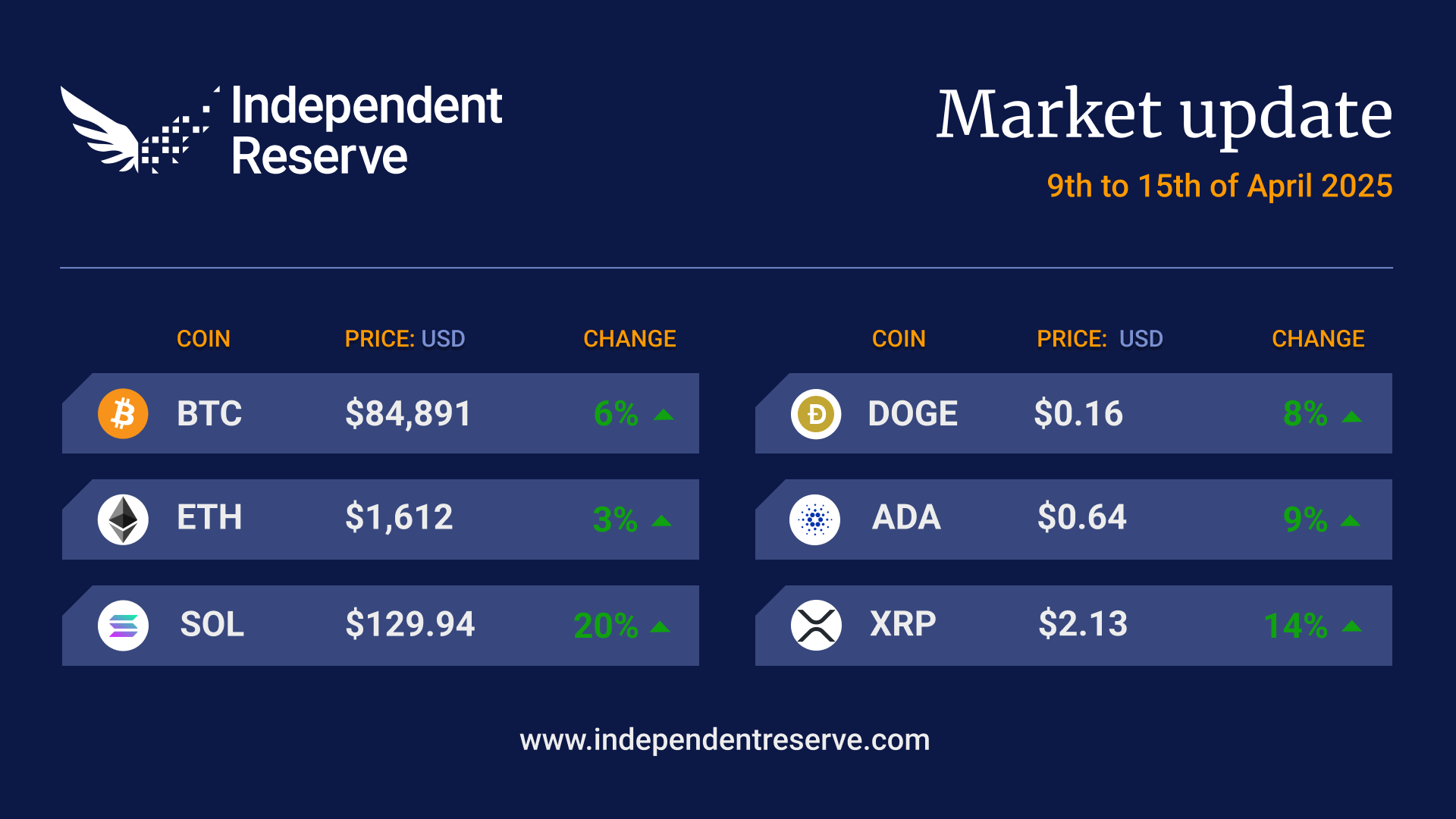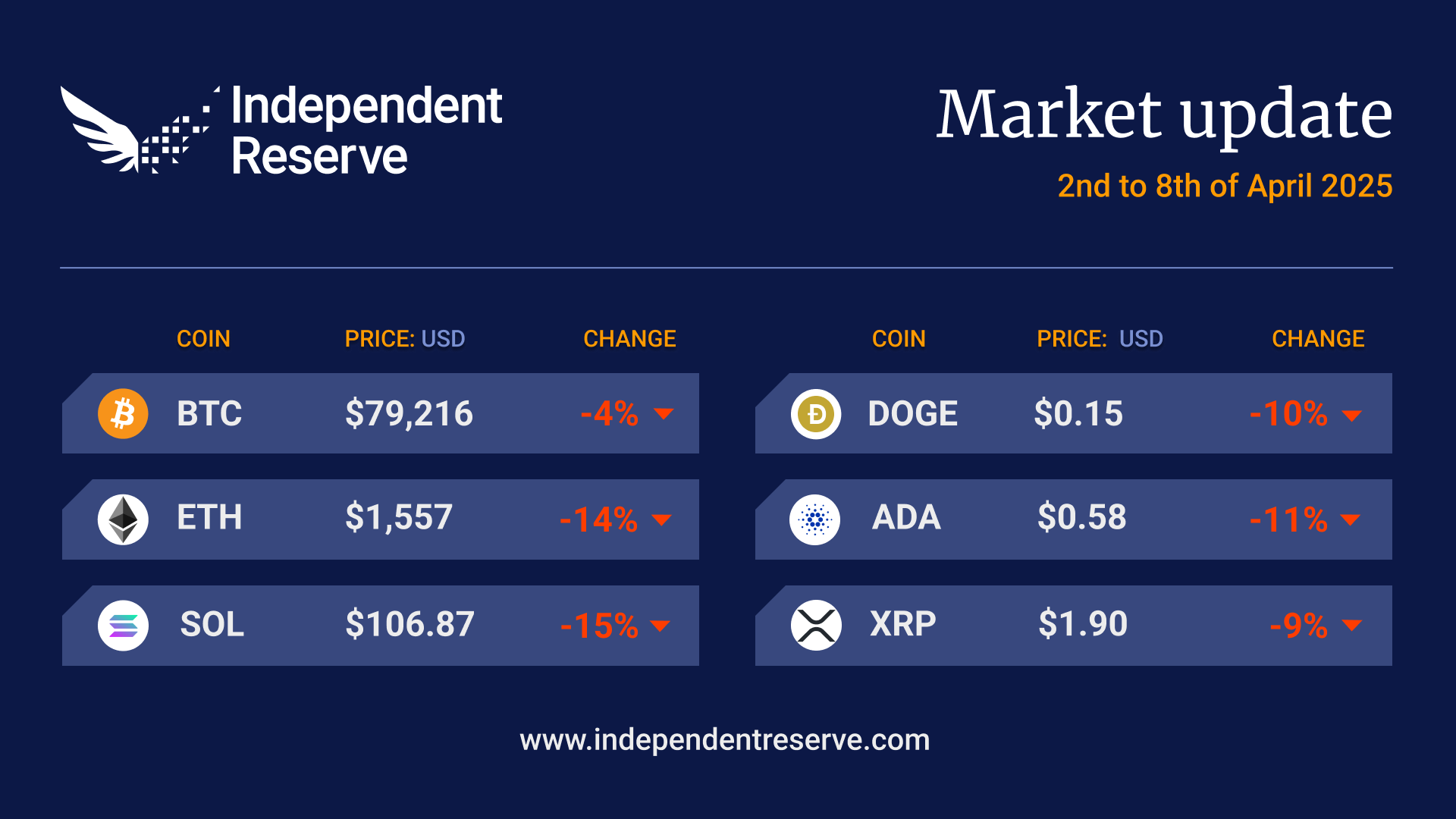Cryptocurrency has become an increasingly popular choice for savvy investors looking to grow their wealth or bolster their retirement savings. However, as a relatively new asset class, digital assets come with unique security risks that may not be immediately apparent to everyday investors. Protecting cryptocurrencies from theft, scams, or permanent loss due to user error requires extra vigilance.
Investors typically have two primary options when storing digital assets: keeping them on an exchange or opting for self-custody. Each approach offers distinct benefits and drawbacks, with the choice largely dependent on an individual’s risk tolerance and technological aptitude.
In this article, we’ll examine the security features provided by major cryptocurrency exchanges and outline key safety considerations to help you make informed decisions about where to store your assets. We’ll also explore the security of your funds when hosted on an exchange and discuss self-custody alternatives for those seeking greater control over their digital assets.
Is your money and crypto safe on a crypto exchange?
Crypto exchanges are the most popular avenue for purchasing, trading and storing various cryptocurrencies. They’re generally considered a secure way to store digital assets. Despite this, a string of very public hacks and collapses over the past decade have demonstrated that ill-prepared exchanges can be vulnerable to attack. In 2014, 650,000 BTC was stolen from the Japanese exchange Mt Gox, wiping an estimated US$490M worth of Bitcoin from user’s accounts. More recently, in 2022, the world’s third largest exchange, FTX, fell into insolvency after clients discovered their funds were being mismanaged. This collapse had a contagion effect, with multiple crypto businesses collapsing due to their entanglement with the beleaguered company. Aussie exchange Digital Surge was brought to the brink of closure in 2022 after revealing how much of its assets were tied into the now-defunct FTX.
Despite these incidents, cryptocurrency exchanges remain one of the safest methods for storing digital assets, particularly for novice investors. Reputable exchanges have significantly improved their security protocols, implementing measures such as multi-signature wallets, two-factor authentication (2FA), and insurance funds to protect users against theft and unforeseen losses. These platforms also benefit from being heavily scrutinised by regulators and the broader crypto community, which helps ensure transparency and adherence to industry best practices.
For newcomers to cryptocurrency, exchanges provide an accessible and user-friendly environment to manage digital assets without the steep learning curve associated with self-custody. Advanced features, such as cold storage solutions—where most funds are kept offline to prevent hacking—and regular security audits make leading exchanges dependable for those seeking convenience and peace of mind.
While no platform is entirely risk-free, the established track records of major exchanges and their ongoing efforts to enhance security make them a practical option for most investors. For this reason, there are a handful of things to look out for when determining if an exchange is trustworthy.
How to identify a trustworthy exchange
Longevity
A crypto exchange with a long, unblemished track record of protecting user funds is important in establishing credibility. The first crypto exchanges in Australia were established in 2013 and included companies like Independent Reserve, CoinJar, and BTC Markets.
Transparency
Look for a crypto exchange that is honest and open about how it runs its business. This includes a publicly visible team structure, well-defined security procedures and an explicit policy on how customer funds are managed. Independent Reserve segregates all customer assets and holds them separately from operational funds.
Security features
A trustworthy exchange should implement robust security measures to protect user funds and data. Key features to look for include:
- Cold storage: The majority of customer assets should be stored offline, reducing exposure to online hacking attempts.
- Two-Factor Authentication (2FA): A vital security layer requiring users to verify their identity through multiple methods.
- Encryption: Advanced encryption protocols to safeguard sensitive user information.
- Audits: Exchanges like Independent Reserve also conduct regular third-party security audits to ensure their systems remain secure and up-to-date.
Exchange size
The size of a crypto exchange’s customer base can provide valuable insights into its stability and reliability. Larger exchanges often have more recurring revenue streams, larger teams, and access to advanced security infrastructure. These factors make them better equipped to handle market volatility, sudden increases in user activity, or unforeseen challenges.
On the other hand, smaller exchanges may lack the resources to sustain long-term operations or recover from significant setbacks. While size alone is not a guarantee of security, choosing an exchange with substantial trading volumes and a strong presence in the market can reduce the risk of bankruptcy or service disruptions.
Member of industry group
Membership in recognised industry groups or associations, such as DECA (formerly known as Blockchain Australia) or the Global Digital Finance group, demonstrates an exchange’s commitment to best practices and industry standards. These organisations often set guidelines for security, transparency, and consumer protection, helping to elevate the credibility of their members.
Although membership in an industry group does not guarantee reliability, it indicates the exchange’s willingness to adhere to ethical practices and collaborate with regulators and peers to improve the broader cryptocurrency ecosystem. Choosing an exchange that participates in such groups can offer additional peace of mind.
Reviews
Customer reviews and testimonials provide valuable insights into an exchange’s reliability and user experience. Look for consistent feedback regarding the platform’s security, ease of use, and customer support. Trusted review platforms and crypto forums can help identify patterns in user satisfaction or concerns. Positive reviews and an absence of recurring complaints about lost funds or poor support are good indicators of a trustworthy exchange.
Government-issued licenses
Regulatory compliance is a crucial factor in determining an exchange’s credibility. Look for platforms licensed by reputable authorities, such as Singapore (MAS), the UK (FCA), or the US (FinCEN). Licensed exchanges are held to higher security, transparency, and operational integrity standards. While not all jurisdictions have specific crypto regulations, exchanges that voluntarily comply with global best practices demonstrate a commitment to protecting their users.
Brokers vs Exchanges
Your crypto exchange may not be exactly who you think they are. Some platforms operating under familiar local names may not be full-fledged exchanges. Instead, they act as brokers or “white-label” resellers of larger exchanges. In these cases, the platform itself does not provide direct market access or liquidity but relies on a partner exchange for these services.
This arrangement means that when you trade on these platforms, you’re effectively depending on the safety and security of both the reseller (broker) and the underlying exchange. While this model can offer users convenience and additional features like localised support, it also adds a layer of dependency on third-party systems.
Should you store your crypto on an exchange?
The most popular way for investors to store their cryptocurrency is with a crypto exchange. Crypto exchanges provide a user-friendly marketplace to buy, sell, and trade digital assets and feature world-class security features to keep their clients’ funds safe. Essentially, they bridge the gap between sophisticated investment techniques and enterprise-grade security.
Users don’t have to have an intimate knowledge of blockchain technology and can rest assured that their crypto exchange has handled the complex security requirements.
Despite these customer-centric features, a common saying amongst crypto enthusiasts is, “Not your keys, not your crypto”. This alludes to the fact that unless you physically hold the digital assets you own, they aren’t truly yours and are potentially at risk. On centralised exchanges, you don’t hold the private keys to your funds. Instead, the exchange manages them on your behalf. For most people, this represents a hassle-free way to invest over the long term. Rather than memorising a 25-word seed phrase and keeping a ledger device hidden, you simply register a secured exchange account with recovery steps in case you forget your credentials.
While this is convenient, it also means that your money is only as safe as the exchange itself. If an exchange faces a security breach, becomes insolvent, or encounters regulatory issues, your funds could be at risk. This is why some users prefer self-custody wallets such as Trezor or Ledger. However, just like with all solutions, no one option is 100% safe and self-custody of crypto assets comes with its own risks, such as the potential loss of funds if private keys are misplaced or stolen.
How can you protect your crypto on an exchange?
While exchanges play a significant role in safeguarding your funds, users also have a responsibility to take proactive steps:
- Enable 2FA: Always use two-factor authentication to secure your account.
- Monitor withdrawals: Regularly check your account activity and withdraw funds to a personal wallet for long-term storage.
- Choose reputable exchanges: Research an exchange’s security measures, reputation, and regulatory compliance before depositing funds.
Alternatives to storing crypto on an exchange
Software wallet
A crypto software wallet is a digital application or program designed to store private keys and enable users to access, manage, and transact with their cryptocurrency holdings. Software wallets can be hot wallets (connected to the internet) or cold wallets (offline, though less common). They come in various forms, including desktop, mobile, and web-based wallets, offering accessibility and convenience for managing digital assets. Examples of popular software wallets include Metamask, Eternl & Phantom.
As most crypto software wallets are connected to the internet, they may be more vulnerable to hacking, phishing, and malware attacks. Some rely on third-party servers, raising privacy and control concerns, and losing access to the wallet without a backup can result in permanent asset loss. Despite these risks, software wallets remain a practical choice for those prioritising ease of use and frequent access to their funds.
Hardware wallet
A crypto hardware wallet is a physical device (often shaped like a USB thumb drive) designed to securely store private keys required for accessing and managing cryptocurrency holdings. Examples of popular hardware wallets include Ledger, Trezor and Cypherock.
These wallets are offline storage solutions (cold wallets), meaning they are not connected to the internet, significantly reducing the risk of hacking or unauthorised access. They give users full control over their assets, support a wide range of cryptocurrencies, and include backup options like recovery seed phrases. However, these wallets come with a cost, from very cheap up to thousands of dollars per wallet.
Hardware wallets also necessitate a steep learning curve, which can be challenging for beginners. While they’re excellent for long-term storage, physical risks like loss or damage and the inconvenience of signing frequent transactions may deter some users. Additionally, errors such as misplacing the recovery phrase can result in permanent asset loss. Despite these drawbacks, hardware wallets remain a highly secure option for investors prioritising asset protection.
Is Independent Reserve safe?
Independent Reserve is widely regarded as one of Australia’s most trustworthy cryptocurrency exchanges, meeting key criteria for security, transparency, and reliability. Established in 2013, it is one of the country’s longest-standing exchanges, with a strong track record of safeguarding user funds. The platform is transparent in its operations, openly sharing details about its leadership team, security protocols, and how customer assets are managed. Importantly, Independent Reserve fully segregates customer funds from operational accounts, ensuring that users’ assets are not used for business activities.
In terms of security, Independent Reserve employs enterprise-grade measures such as cold storage for the majority of digital assets, two-factor authentication (2FA), and regular third-party security audits to minimise risk. The exchange is also a member of the Digital Economy Council of Australia (DECA; formerly named Blockchain Australia), demonstrating its commitment to industry best practices and responsible growth. Additionally, Independent Reserve is regulated under the Australian Transaction Reports and Analysis Centre (AUSTRAC) and holds a licence as a specialist crypto exchange in Singapore under the Monetary Authority of Singapore (MAS), reflecting its dedication to regulatory compliance and operational integrity.
Create your Independent Reserve account
If you’re from Australia, Singapore or New Zealand, you can create your Independent Reserve account in just a few minutes.


